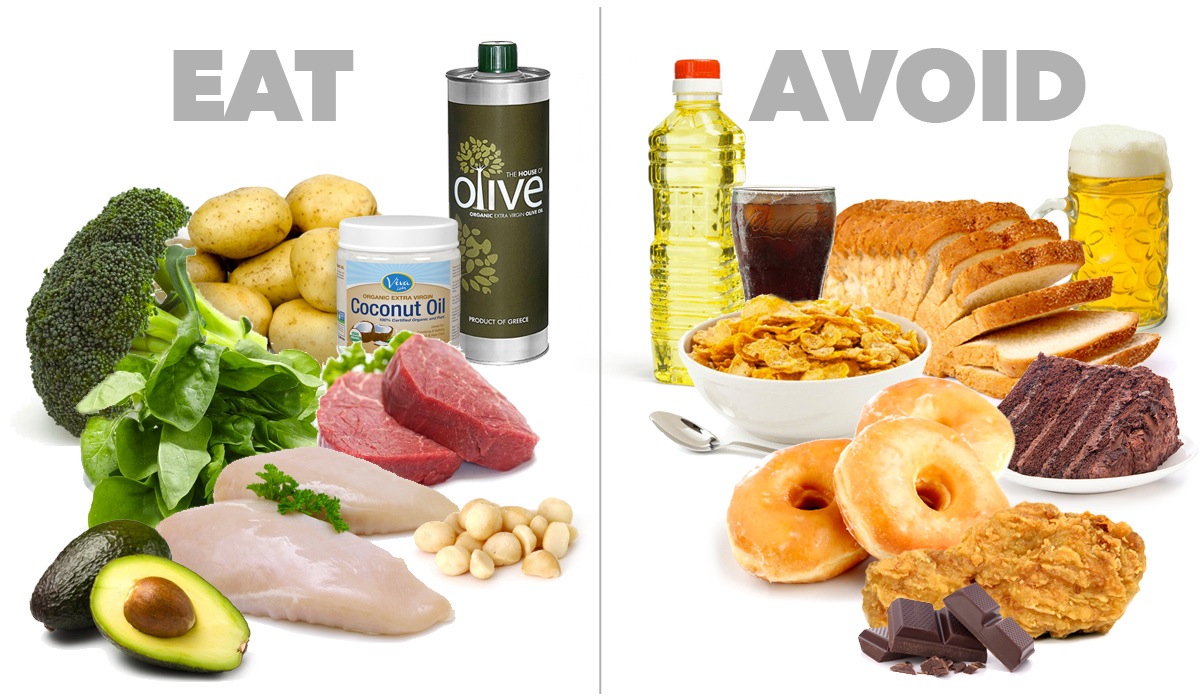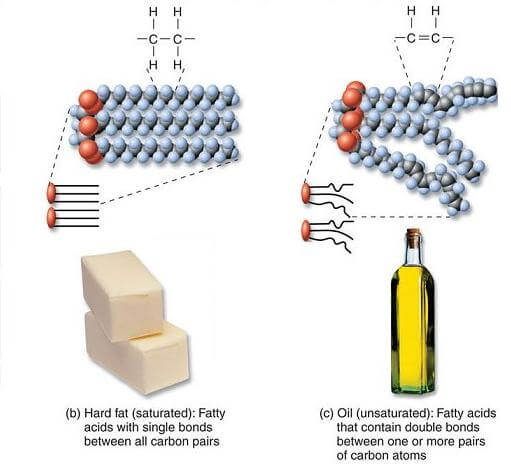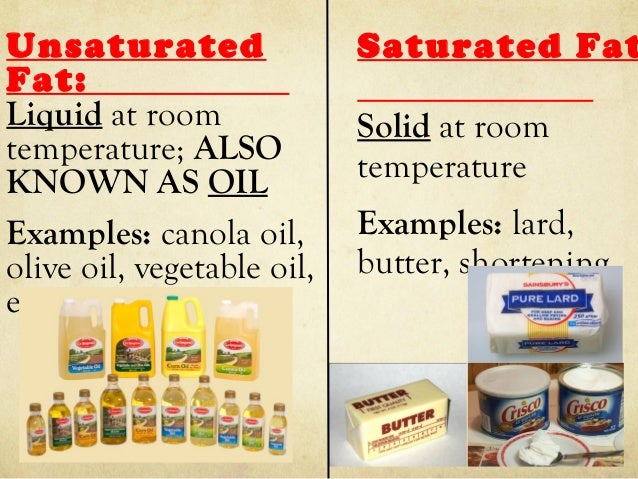

Eating foods that contain saturated fats raises the level of cholesterol in your blood. High levels of LDL cholesterol in your blood increase your risk of heart disease and stroke.


Fat is one of the three main macronutrients, along with carbohydrate and protein. Fats, also known as triglycerides, are esters of three fatty acid chains and the alcohol glycerol.
Here’s a fascinating paradox. Over the last 4 decades, nutrition policy makers have increasingly exhorted us to eat less saturated fat. As a result of
Fat. Limit total intake of fats and oils. Avoid butter, stick margarine, shortening, lard, palm and coconut oils. Limit mayonnaise, salad dressings, gravies and sauces, unless they are homemade with low-fat ingredients.

A saturated fat is a type of fat in which the fatty acid chains have all or predominantly single bonds.A fat is made of two kinds of smaller molecules: glycerol and fatty acids.
Lists the amounts of saturated fat and unsaturated fat in vegetable oils, margarines, shortenings, and fats.
About Trans Fat . There are four kinds of fats: monounsaturated fat, polyunsaturated fat, saturated fat, and trans fat. Monounsaturated fat and polyunsaturated fat …


Despite having been demonized in the past, new studies have shown that saturated fat does not cause heart disease as previously believed.



Jan 18, 2018 · As shown in Table 2, the traditional diets that were richest in saturated fat were not those that relied mostly on foods, but rather the Pacific Island diets that relied heavily on coconut.
Even today, as new studies emerge showing saturated fat does not cause heart disease, you’ll occasionally find a misguided journalist incorrectly lump it with trans fat or use “artery clogging” to describe saturated fat. The tiding is slowly changing. One recent meta-analysis in the Annals of
Recent Comments